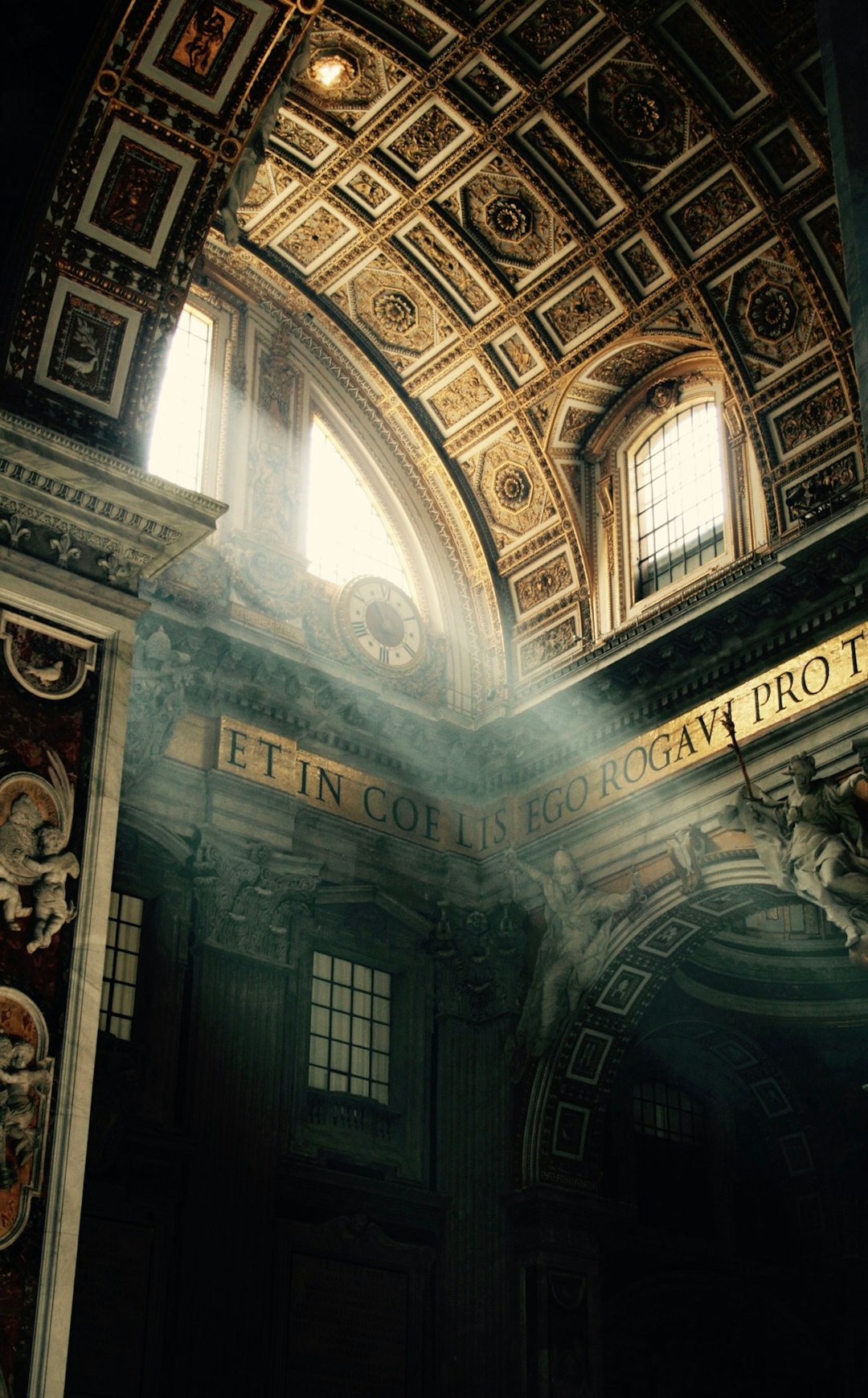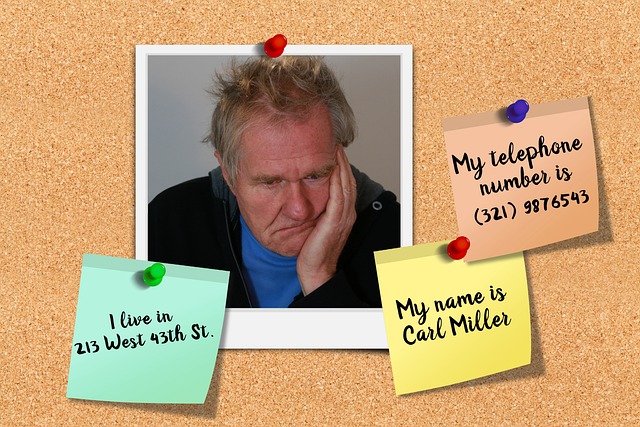In South Carolina, clergy sexual abuse is taken seriously with specific laws in place to protect victims and prosecute offenders. Choosing the right legal representation is crucial. Experienced clergy abuse lawyers or attorneys with a track record in personal injury and sexual abuse cases should be sought for guidance through complex legal processes. These specialists understand state laws, offer compassion, and ensure open communication. Reputable clergy abuse law firms in South Carolina provide vital support, navigate the system effectively, conduct thorough investigations, and fight for victims' rights, securing compensation and closure. Success stories from these professionals encourage other survivors to take action and pursue justice.
Finding Justice: Clergy Sexual Abuse Legal Representation in South Carolina
Clergy sexual abuse is a sensitive and complex issue, and navigating the legal system can be daunting for victims. If you or someone you know has experienced clerical abuse in South Carolina, understanding your legal options is crucial. This article guides survivors through the process, offering insights into the state’s clergy abuse laws and emphasizing the significance of choosing the right legal representative. We’ll explore the role of attorneys, highlight successful case outcomes, and provide valuable tips for those seeking justice.
Key Topics:
– Understanding Clergy Sexual Abuse Laws in South Carolina
– Choosing a Clergy Abuse Lawyer SC
– The Attorney’s Role in Clerical Abuse Cases
– Success Stories from Top SC Law Firms
Understanding Clergy Sexual Abuse Laws in South Carolina
In South Carolina, clergy sexual abuse is a serious legal matter with unique considerations. The state has specific laws in place to address and prosecute cases involving sexual misconduct by religious leaders. These laws are designed to protect victims and provide them with avenues for justice and healing. If you or someone you know has experienced abuse at the hands of a cleric, understanding your rights under these laws is crucial. A skilled clergy abuse lawyer South Carolina can guide you through this complex process, ensuring your voice is heard and your rights are protected.
Victims may face unique challenges when pursuing legal action against clergy members due to the sensitive nature of the issue. However, South Carolina’s laws offer protections and provisions for those who have been abused by religious figures. Clergy abuse attorneys South Carolina are well-versed in these laws and can help navigate the legal system. Whether it’s through mediation, negotiations, or litigation, a dedicated clergy abuse law firm South Carolina will fight for your rights and seek the justice you deserve.
Choosing the Right Legal Representative: Tips for Victims
Choosing the right legal representative is a crucial step for victims of clergy sexual abuse in South Carolina. When navigating this difficult journey, it’s essential to find an attorney who understands the complexities of these cases and has extensive experience in handling similar situations. Look for a clergy abuse lawyer or attorney in South Carolina who specialises in personal injury or sexual abuse litigation. This specialist will be well-versed in state laws and have access to relevant legal resources, which can significantly impact the outcome of your case.
Victims should seek out lawyers known for their compassion, integrity, and dedication to justice. It’s important to communicate openly with potential representatives about your unique situation, expected outcomes, and any specific concerns or questions you may have. Remember, the clergy abuse law firm you choose should offer a supportive environment where you feel heard and understood throughout the legal process.
The Role of Attorney in Clerical Abuse Cases
In cases of clergy sexual abuse in South Carolina, an experienced attorney plays a pivotal role in ensuring justice and support for victims. A skilled clergy abuse lawyer in South Carolina understands the unique complexities of such sensitive cases and is equipped to navigate the legal system effectively. They provide crucial guidance, ensuring that victims’ rights are protected and that they receive the compensation and closure they deserve. These attorneys specialize in handling claims involving religious institutions and clergy members, offering a deep understanding of the state’s laws and regulations related to these matters.
The clergy abuse attorney in South Carolina will thoroughly investigate the case, gathering evidence and interviewing witnesses to build a strong legal strategy. They will represent their clients throughout the entire process, from initial consultations to negotiations and, if necessary, litigation. By engaging a reputable clergy abuse law firm or clergy abuse lawyers, victims can rest assured that they have professional legal representation tailored to their specific needs, ultimately helping them heal and move forward with their lives.
Success Stories and Case Outcomes: A Look at Clergy Abuse Law Firms in SC
Many victims of clergy sexual abuse in South Carolina have found hope and justice through the work of dedicated law firms specializing in this area. These law firms have achieved significant success in holding accountable those who have committed such heinous acts, providing much-needed support and compensation to their clients. The positive outcomes they have secured include substantial financial settlements and powerful legal precedents that continue to shape the landscape of clergy abuse litigation.
The clergy abuse lawyers and attorneys in South Carolina are experts in navigating complex legal systems and have an in-depth understanding of the unique challenges faced by survivors. Through innovative strategies, thorough investigations, and unwavering advocacy, these law firms have secured memorable victories, ensuring that their clients receive the justice and closure they deserve. Their success stories serve as a beacon of light for other victims, encouraging them to take action and pursue legal representation to reclaim their power and seek redemption.






